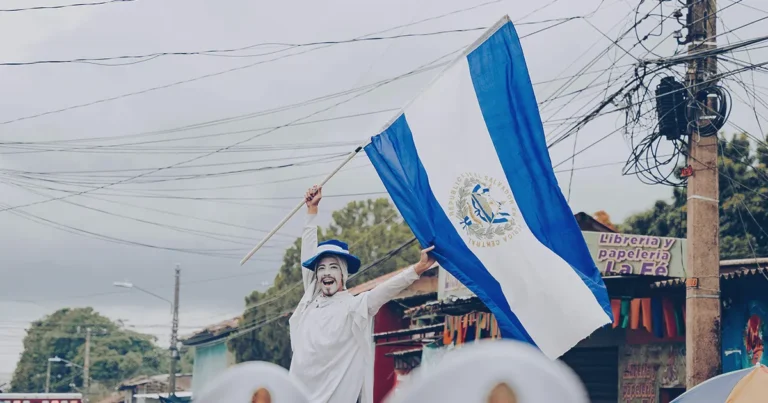11-5-2025 – El Salvador has bolstered its national Bitcoin holdings by acquiring eight additional coins this week, elevating its total reserves to an impressive 6,173 BTC, valued at over $641 million. The nation’s steadfast commitment to its cryptocurrency strategy persists, even in the face of stringent conditions imposed by a $1.4 billion loan agreement with the International Monetary Fund (IMF) finalised in December 2024. This deal, intended to stabilise the economy and attract foreign investment, explicitly urged El Salvador to cease voluntary public sector Bitcoin accumulation, though exemptions were made for assets acquired through legal forfeiture or seizure.
President Nayib Bukele, the architect of this audacious policy, remains unwavering. In a post on X dated 4 March 2025, he declared, “No, it’s not stopping. If it didn’t stop when the world ostracized us and most ‘Bitcoiners’ abandoned us, it won’t stop now, and it won’t stop in the future.” His administration has maintained a disciplined rhythm of purchasing at least one Bitcoin daily since late 2023, with occasional larger acquisitions depending on market conditions and available funds. These transactions are orchestrated by the Bitcoin Office, a dedicated government unit that regularly updates the public via its website and social media channels.
Despite international apprehension, Bukele’s vision has positioned El Salvador as a pioneer among nations, potentially setting a precedent for others to view Bitcoin as a strategic reserve asset. Crypto industry leaders have lauded this approach, suggesting it could inspire smaller or emerging economies to follow suit. However, the strategy has not been without controversy. Critics, including the IMF, warn that El Salvador’s persistent use of public funds for Bitcoin purchases heightens fiscal volatility, exposing the nation to significant financial risk.
In January 2025, El Salvador’s legislature voted overwhelmingly, 55 to 2, to repeal a law mandating Bitcoin as legal tender, though the cryptocurrency remains a valid means of transaction. This adjustment, however, did little to temper the government’s enthusiasm for digital assets. By March, the IMF renewed its calls for El Salvador to halt its Bitcoin acquisitions, a plea Bukele promptly dismissed. The Bitcoin Office continues to oversee the nation’s crypto endeavours, managing assets across various government entities, including the Chivo Wallet and the National Bitcoin Office.


